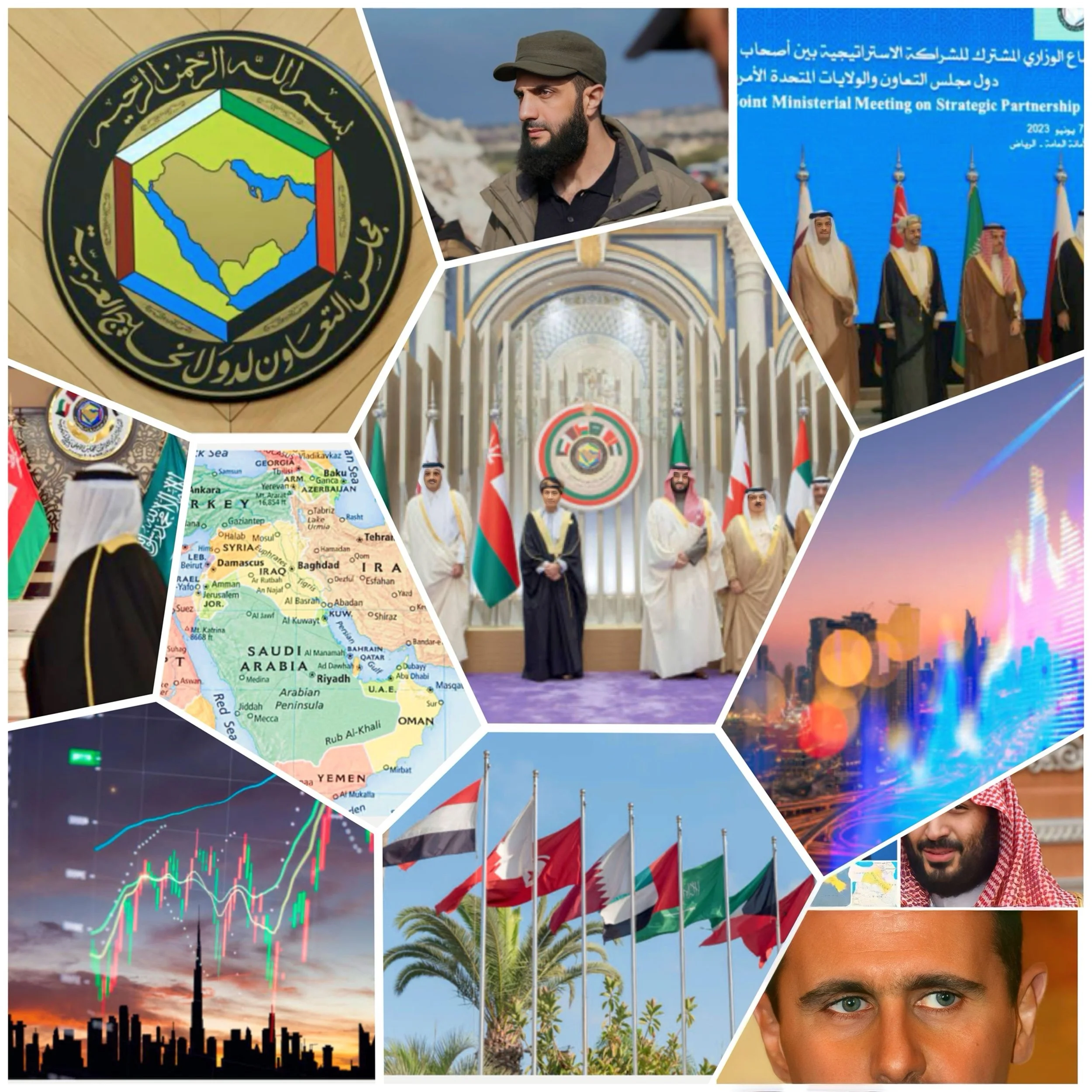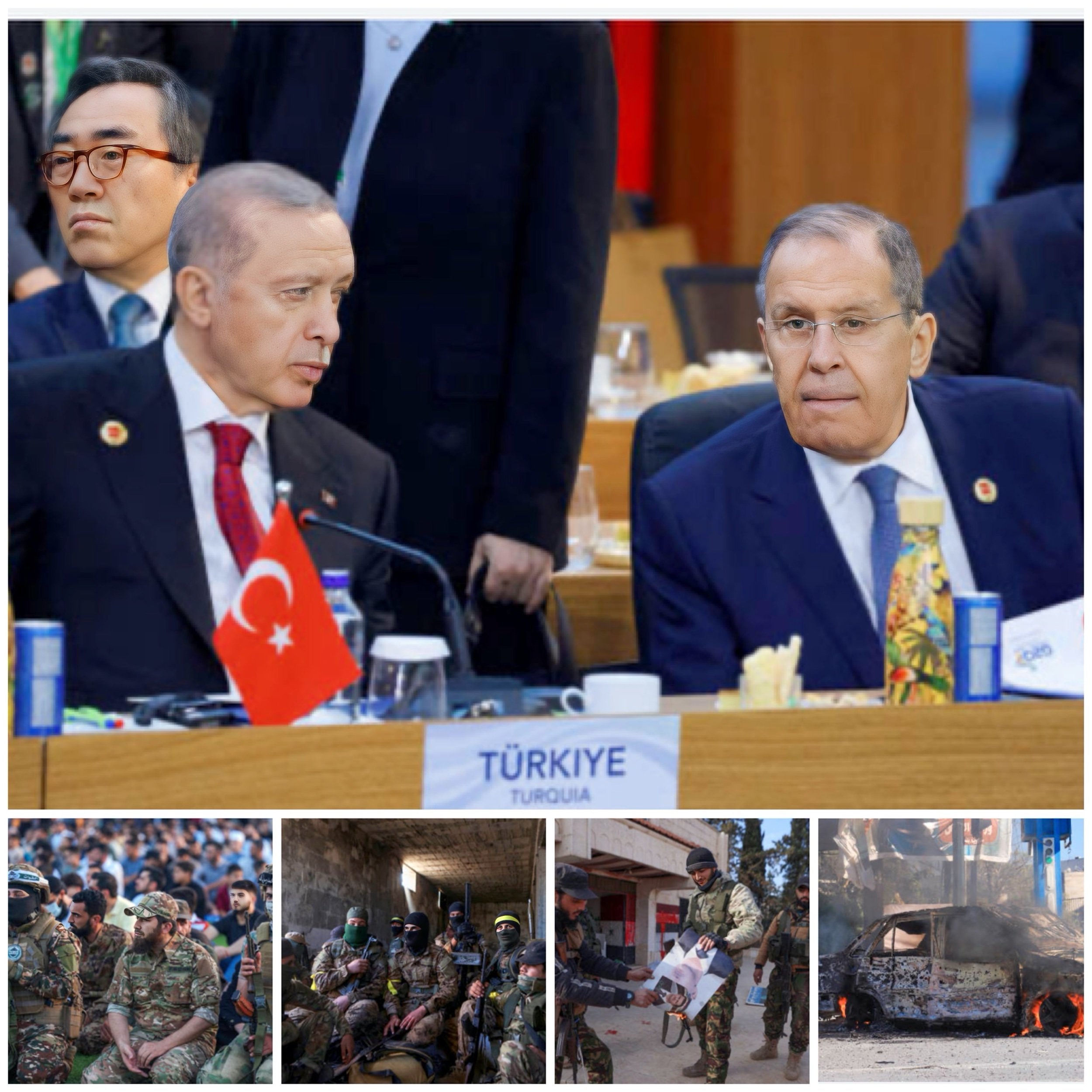GCC alarmed about rise of HTS in Syria
Introduction
The Gulf Cooperation Council (GCC) has reason to be alarmed about the recent rise of Hayat Tahrir al-Sham (HTS) in Syria, as it presents significant challenges to regional stability and security.
Recent Developments in Syria
Last week, Syrian rebels led by HTS launched a surprise offensive, capturing substantial parts of Aleppo and advancing into Hama province. This offensive represents the most significant territorial gain by rebel forces in nearly a decade, striking at the heart of what Russia once considered its defining achievement in Syria.
The rebel advance has exposed weaknesses in the Assad regime’s defenses and Russia’s ability to respond effectively. HTS captured important military assets, including air defense systems and aircraft, from Syrian forces that reportedly surrendered without resistance.
Implications for Regional Security
The GCC’s concerns about the rise of HTS in Syria are likely rooted in several factors:
Threat to Stability
The resurgence of rebel forces challenges the narrative of Assad’s control over Syria, potentially destabilizing the region further.
Iranian Influence
The GCC has been working to balance Iran’s influence in Syria. The weakening of Assad’s regime and Russia’s position could create a power vacuum that Iran might exploit.
Normalization Efforts
GCC countries, particularly the UAE, have been working towards normalizing relations with Syria. The HTS offensive could complicate these efforts.
Terrorism Concerns
The GCC’s recently announced ‘Vision for Regional Security’ addresses joint concerns regarding regional “terrorism,” which could include groups like HTS.
GCC’s Response
While there is no direct mention of the GCC’s specific response to HTS’s recent gains, the bloc’s actions suggest a multi-faceted approach:
Diplomatic Support
Some GCC members, like the UAE, have reaffirmed support for Syrian “sovereignty” following the HTS offensive.
Regional Security Vision
The GCC recently launched its ‘Vision for Regional Security,’ which aims to coordinate policies and address shared security concerns.
Balancing Act
The GCC is likely to continue its efforts to balance various regional interests, including countering Iranian influence while supporting stability in Syria.
Conclusion
The rise of HTS in Syria presents a complex challenge for the GCC, as it navigates its relationships with Turkey, Syria, Iran, and other regional actors while striving to maintain stability and security in the Middle East.
However per statements issued and given history of HTS, GCC should have no concern from HTS. They don’t consider themselves a terrorist organization. Per them they are there to protect Syrian civilians from Syrian authoritarian government and end their atrocities. It may be a different issue what Turkeys is attempting to achieve through HTS.
What is hard to digest Turkey took €10 billion from EU to rehabilitate Syrian refugees and never did what was promised and now he wants to push them out of Turkey. Further Turkey is opposed to Kurdistan given the history. What have they done?
GCC should be more concerned about Turkey who send drones to Syria but never helped Palestine in Gaza? Why?






